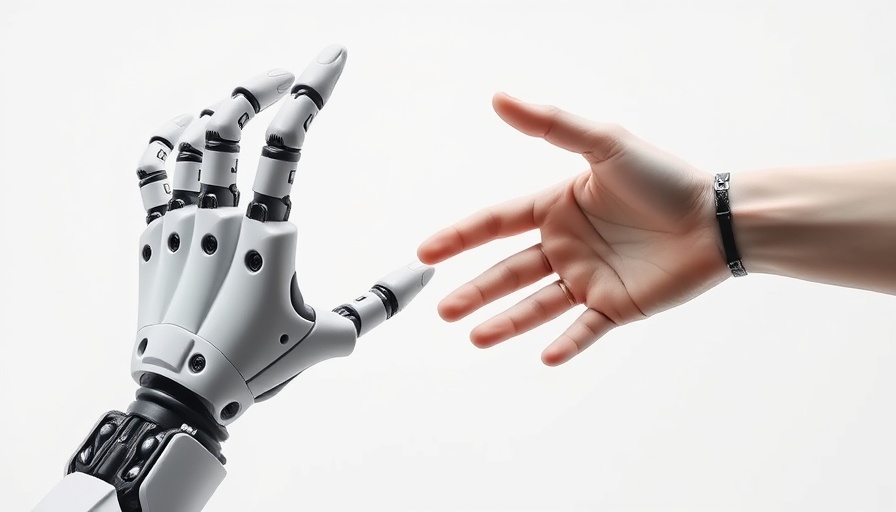
The Controversial Choice: Opting Out or Sharing Your Data
In a significant shift in user policies, Anthropic, the company behind the Claude AI models, is now requiring users to decide whether to share their conversation data for AI training. This decision is critical, as it presents a fundamental choice between opting out completely or contributing personal chat data for improving AI functionalities. By September 28, users will need to make this choice, which will evidently shape how their interactions with Claude are managed going forward.
Data Retention: What You Need to Know
Previously, user conversations were stored for a limited time of 30 days unless certain conditions were met. Now, if users choose not to opt out, their data will be retained for a staggering five years. This raises important questions about data privacy, especially as users consider the long-term implications of their data being used in ways they might not fully understand.
Improving AI through User Contributions
Anthropic positions this policy change as a way for users to directly contribute to enhancing model accuracy and overall safety. The company claims that user consent will lead to more effective detection of harmful content, therefore fewer false positives in automated conversation evaluations. Yet, this assertion begs skepticism; it reflects a common narrative in the tech industry where the need for expansive data collection often overshadows user privacy concerns.
The Competitive Landscape and Data Dependency
In an industry where companies like OpenAI and Google are fiercely competing, the necessity for high-quality data is immense. Anthropic's strategy seems to resonate with this urgent demand for information, indicating that user-generated data will be instrumental in improving Claude’s performance against its rivals. This trend highlights a larger pattern in the technology sphere where extensive data harvesting drives innovation.
User Reactions and Ethical Considerations
The response from users has been mixed. While some appreciate the potential for improved AI functionalities, many express concerns over personal information security and the ethicality of consent under pressure. Are users genuinely consenting when the alternative is losing access to technological advancements? This question looms large in discussions about data privacy and ethical AI implementation.
Action Steps: What Should Users Do?
As the deadline approaches, users must critically assess their stance on data sharing. Those interested in maintaining their privacy should be prepared to opt out, understanding that this may lead to lesser tailored AI interactions. Conversely, for those inclined to improve AI systems, retaining their data could mean playing a pivotal role in shaping the future of AI technologies.
Privacy Technology Advances: The Path Forward
The ongoing debate around data sharing highlights the urgent need for advancements in privacy technologies. Companies must prioritize developing tools that empower users to maintain control over their private data, ensuring a balance between innovation and ethical responsibility. As AI continues to evolve, the integration of robust data protection measures will be critical for building trust with users.
Conclusion: Navigating the Future with Informed Choices
Ultimately, as Anthropic embarks on this new data-driven journey, users stand at a crossroads where their decisions could influence not only their personal experiences but also the broader landscape of AI technology. With careful consideration, transparency, and ongoing dialogue, it remains possible to navigate a future that prioritizes both innovation and individual privacy.
 Add Row
Add Row  Add
Add 




Write A Comment